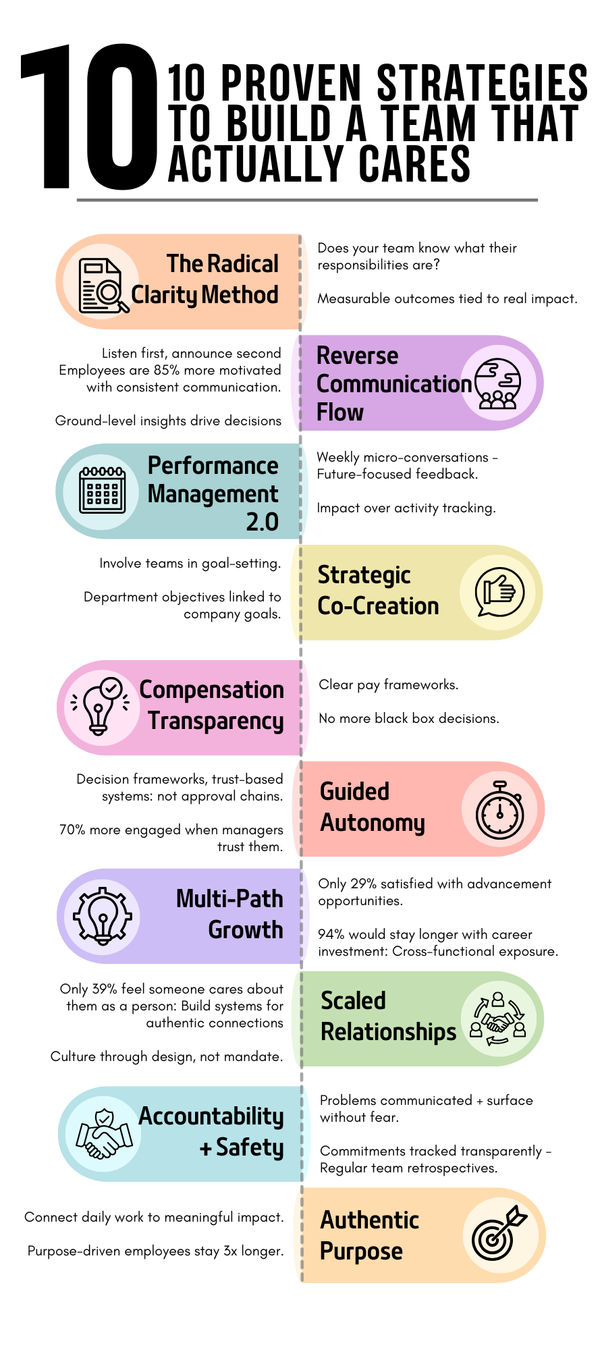
I'll preface this post with an acknowledgement that email is here to stay. That said, we don't have to treat our stream of outgoing messages like a firehose.
The following companies have adopted compelling approaches to slow the flow of email. Consider these when crafting your company email policies. [rebel]
Digital Slap on the Wrist: Price WaterhouseCoopers
[contextly_auto_sidebar id="fC59DpVgVc63lX2lOU0w9ccstxN4uhiX"]Price WaterhouseCoopers has a fun little autoresponder that goes out to anyone who tries to send an email on the weekend.
The autoresponder gently chides senders by pointing out that their recipients may feel pressure to respond to off-hours emails, even if they're nonessential. It then tells email users how to change their location so that they can capture the message, but send it in more appropriate hours.
Full Stop: Volkswagen Germany
Volkswagen Germany is really dedicated to its flextime, which runs between 7:30 a.m. and 5:45 p.m. So dedicated, in fact, that they shut off email services each night at 6:15 p.m. until 7:00 a.m. the next day.
Sure, senior management is exempt from this access restriction, but it does apply to all employees in the trade union. So even if the boss emails after hours, he or she knows that his team won't get it until the following morning.
Vacation Preservation: Daimler Germany
Another German automaker, Daimler, introduced a program called Mail on Holiday that is an out-of-office autoresponder on steroids. It enables employees to delete all incoming emails while they're on vacation, so that they can return with a fresh inbox.
The accompanying autoresponder instructs the sender that the recipient is out of the office, warns that the system will delete the email, and offers an alternate employees' contact information for essential queries and issues.
Mass Extinction: Atos
In 2011, tech company Atos vowed to ban all internal email. It's made good on this promise, launching the Zero Email program.
In lieu of email, Atos encouraged employees to use wiki-style collaborative documents, instant messaging platforms and -- gasp -- phone calls and face-to-face communication.
The results, as reported on the Asos website:
So far it has saved 25% of work time previously spent on email and reduced disruptions and email overload by 60% — down from from an average of 100 internal emails per employee per week to 40. Furthermore a certification process has resulted in 220 business processes being redesigned to become "email free".
Could you see any of these approaches become part of your company email policies?[/rebel]










Member discussion